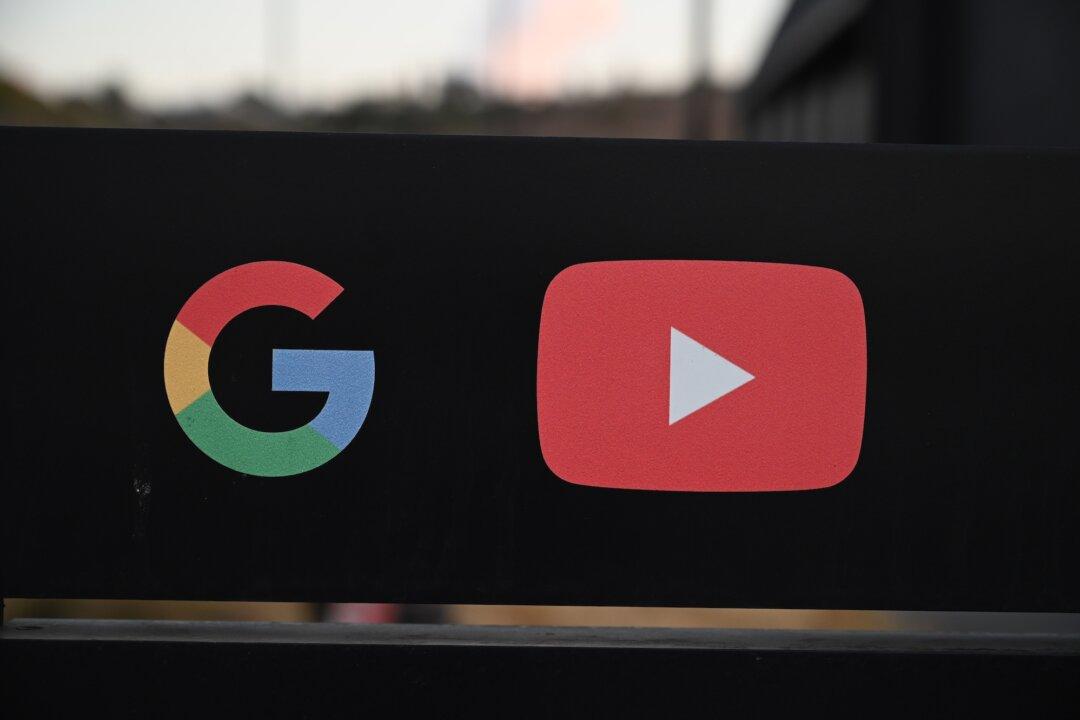The 9th Circuit Court of Appeals dismissed a First Amendment lawsuit against YouTube, ruling that the video hosting platform is a private entity and, therefore, not subject to the Free Speech Clause.
The lawsuit was brought in October 2017 by conservative education organization Prager University (PragerU), which runs a YouTube channel that boasts more than 2 million subscribers.





